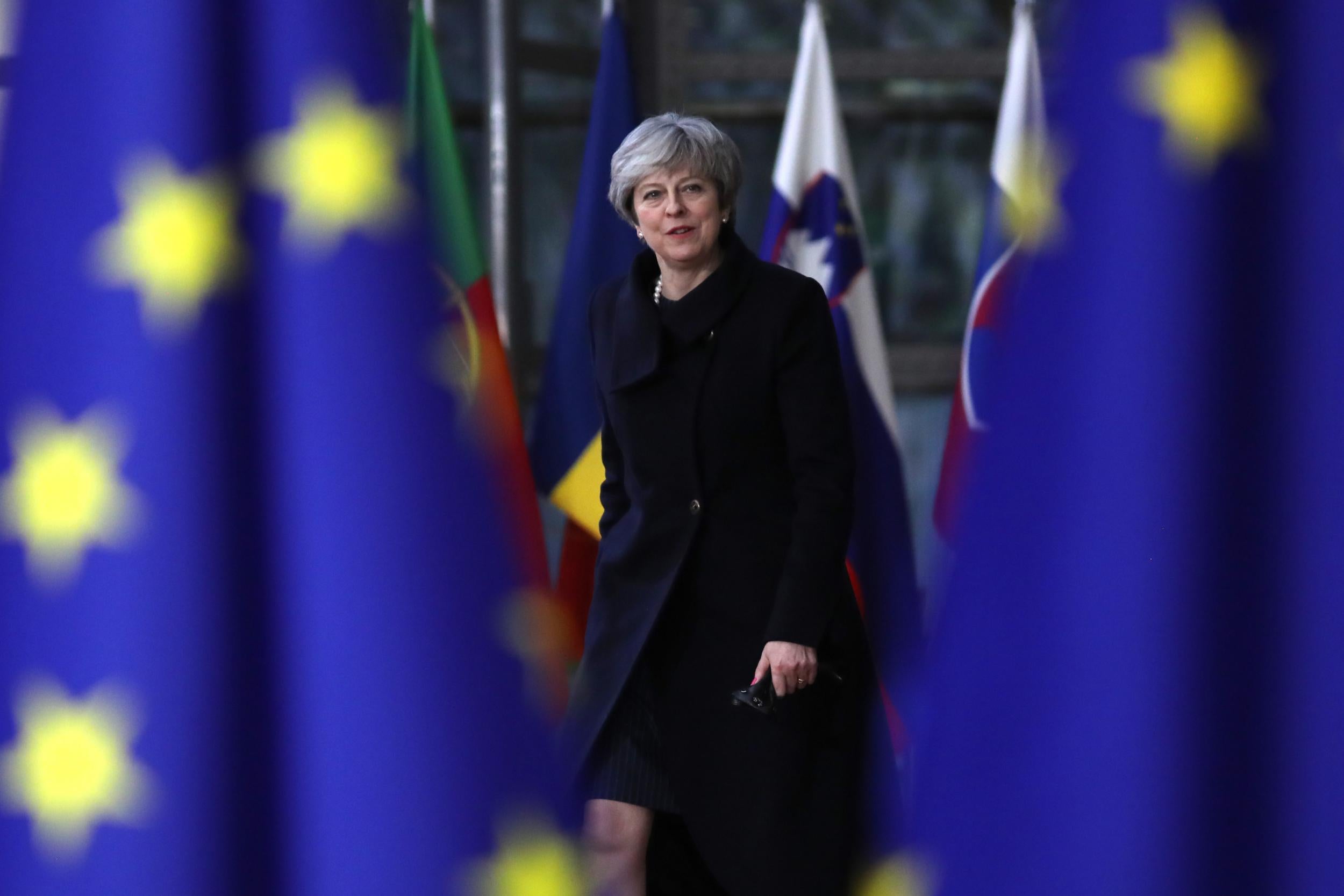Your support helps us to tell the story
From reproductive rights to climate change to Big Tech, The Independent is on the ground when the story is developing. Whether it's investigating the financials of Elon Musk's pro-Trump PAC or producing our latest documentary, 'The A Word', which shines a light on the American women fighting for reproductive rights, we know how important it is to parse out the facts from the messaging.
At such a critical moment in US history, we need reporters on the ground. Your donation allows us to keep sending journalists to speak to both sides of the story.
The Independent is trusted by Americans across the entire political spectrum. And unlike many other quality news outlets, we choose not to lock Americans out of our reporting and analysis with paywalls. We believe quality journalism should be available to everyone, paid for by those who can afford it.
Your support makes all the difference.The German government has warned Britain that there are still “leftovers” from the previous phase of Brexit negotiations that must be dealt with if Theresa May wants a final deal.
Though EU and British negotiators inked a joint text in December on Northern Ireland, the divorce bill, and citizens’ rights, the agreement merely embodied “sufficient progress” to move to the next phase of talks and left a variety of loose ends.
Peter Ptassek, Germany’s top diplomat in charge of Brexit said in a statement posted on social media that he had a “friendly reminder” for the UK negotiating team.
“‘Sufficient progress’ in withdrawal questions meant: we are not there yet. More work to be done,” he said.
“Many Brexit leftovers will surface when EU-Commission starts drafting withdrawal agreement, e.g. text on Ireland! Point here is: Legal text has to be clear.”
The statement was re-posted by Sabine Weyand, the European Commission’s deputy chief negotiator and the second in command after Michel Barnier – suggesting Brussels is on the same page as Berlin.
The UK side is now keen to move on to talks about the transition period, which will be starting within weeks, and the future trade framework, which the EU says can begin in March. The deadline for a full withdrawal agreement is October, Brussels says, to give EU institutions time to scrutinise and ratify the plan.
The intervention is a reminder that UK negotiators could be left fighting a rear-guard action on issues already deemed to be put to bed, while they also attempt to negotiate trade and transition.
Potential loose ends include the exact right EU and British citizens currently living abroad will have after Brexit – as well as exactly how the problem of the Northern Irish border will be resolved.
The initial draft mostly consisted of a guarantee from the UK to avoid a hard border with the Irish Republic rather than an actual negotiated solution for the province – though Britain did suggest it would keep rules aligned across the UK with the EU’s single market in the event of no other solution being found.
The EU’s negotiating team has however told member states it consisted this backstop to be incompatible with the UK’s stated policy of leaving the customs union and single market.
Additional scrutiny was put on the withdrawal agreement in December after David Davis provoked an outcry across the channel by suggesting the deal was a mere “statement of intent” rather than a legally binding document. This led the EU negotiators to demand it be converted into legal text as soon as possible and led to a protracted and potentially embarrassing public climb-down for the Brexit Secretary.
The warning from Germany comes amid reports that the country's government wants the UK to contribute to the EU budget as a quid-pro-quo for the City still having access to EU financial markets as part of a trade deal.

Join our commenting forum
Join thought-provoking conversations, follow other Independent readers and see their replies
Comments